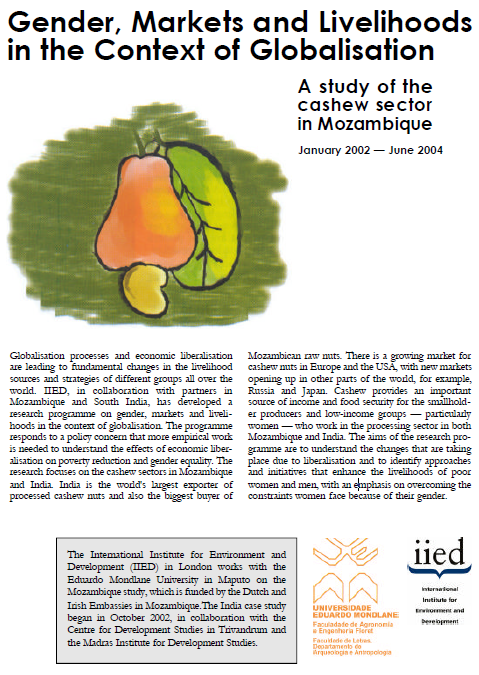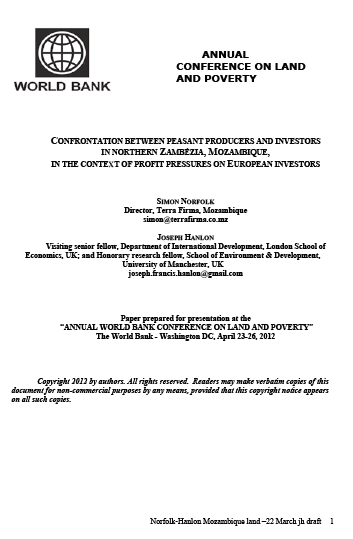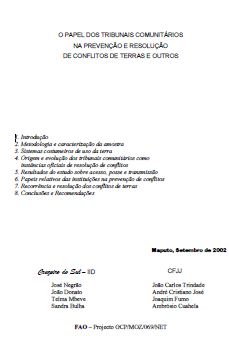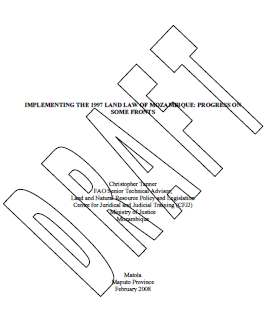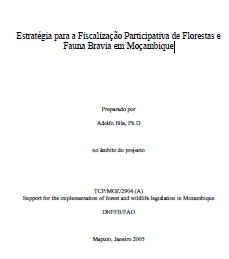Perspectivas para os Pólos de Crescimento em Moçambique
O objectivo deste estudo é assistir o Governo de Moçambique na concepção e implementação de estratégias de pólos de crescimento em sub-regiões seleccionadas, com base em programas correntes e propostos e em experiências internacionais. O estudo centra-se em sub-regiões situadas nos três principais corredores de desenvolvimento: Beira, Maputo e Nacala.


